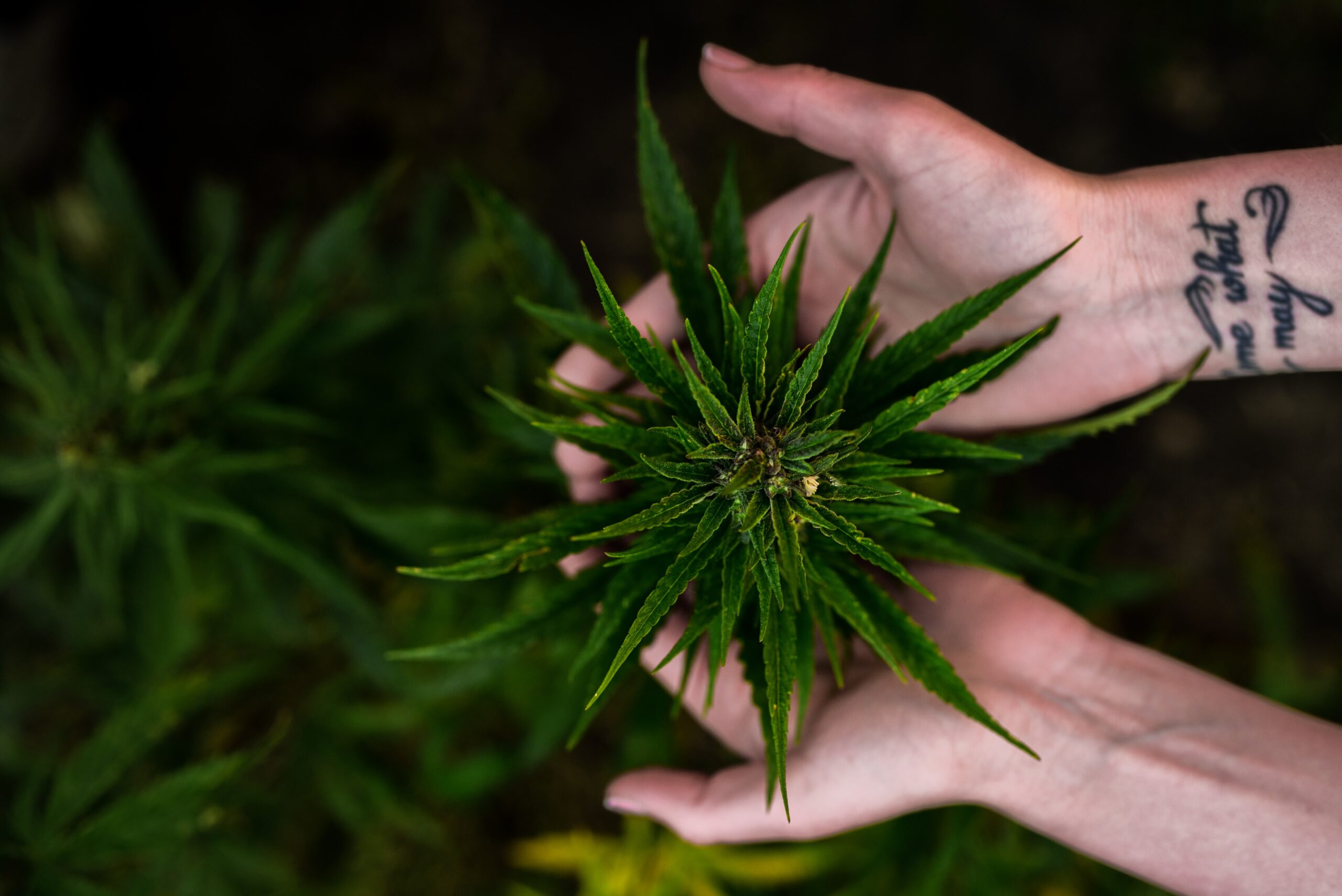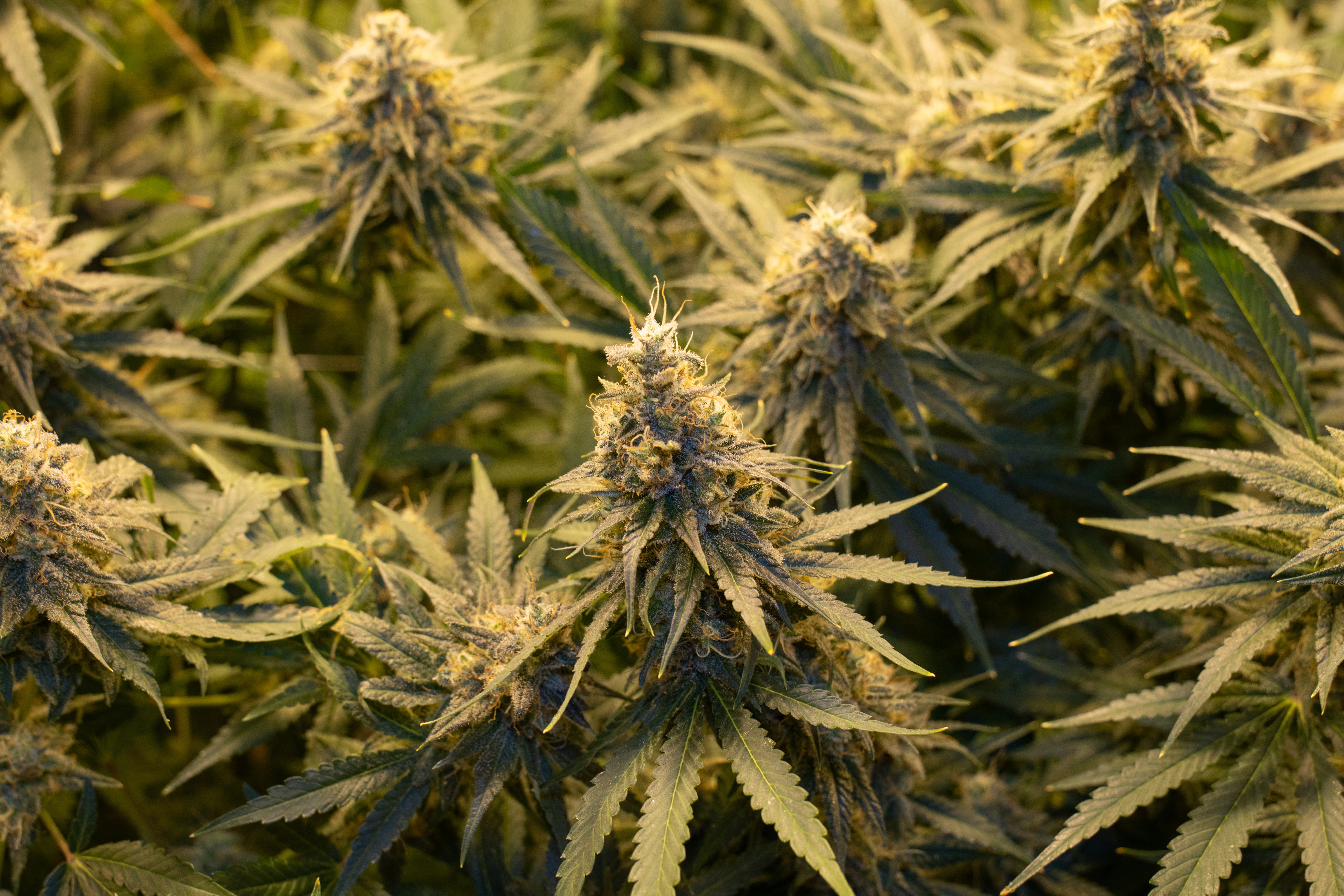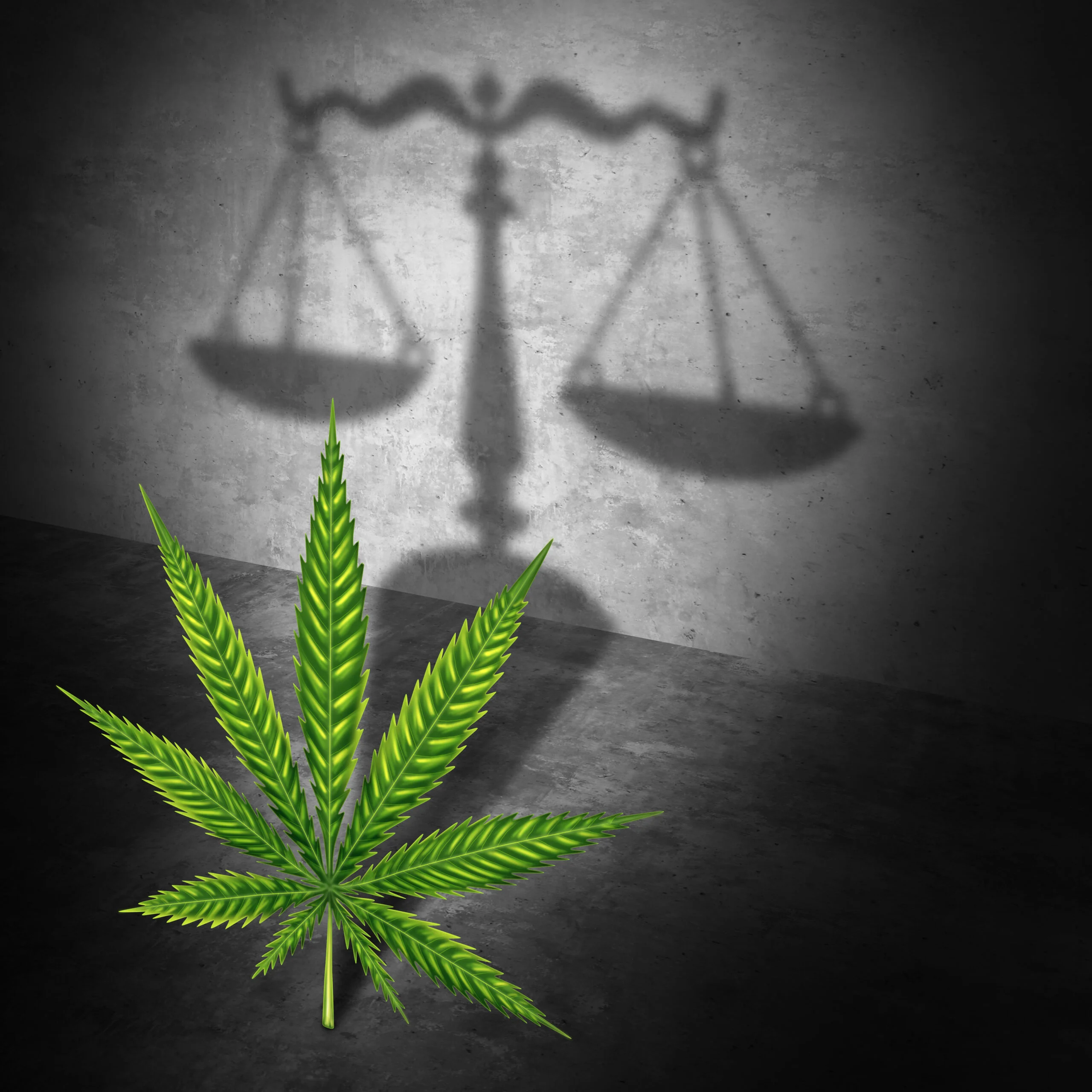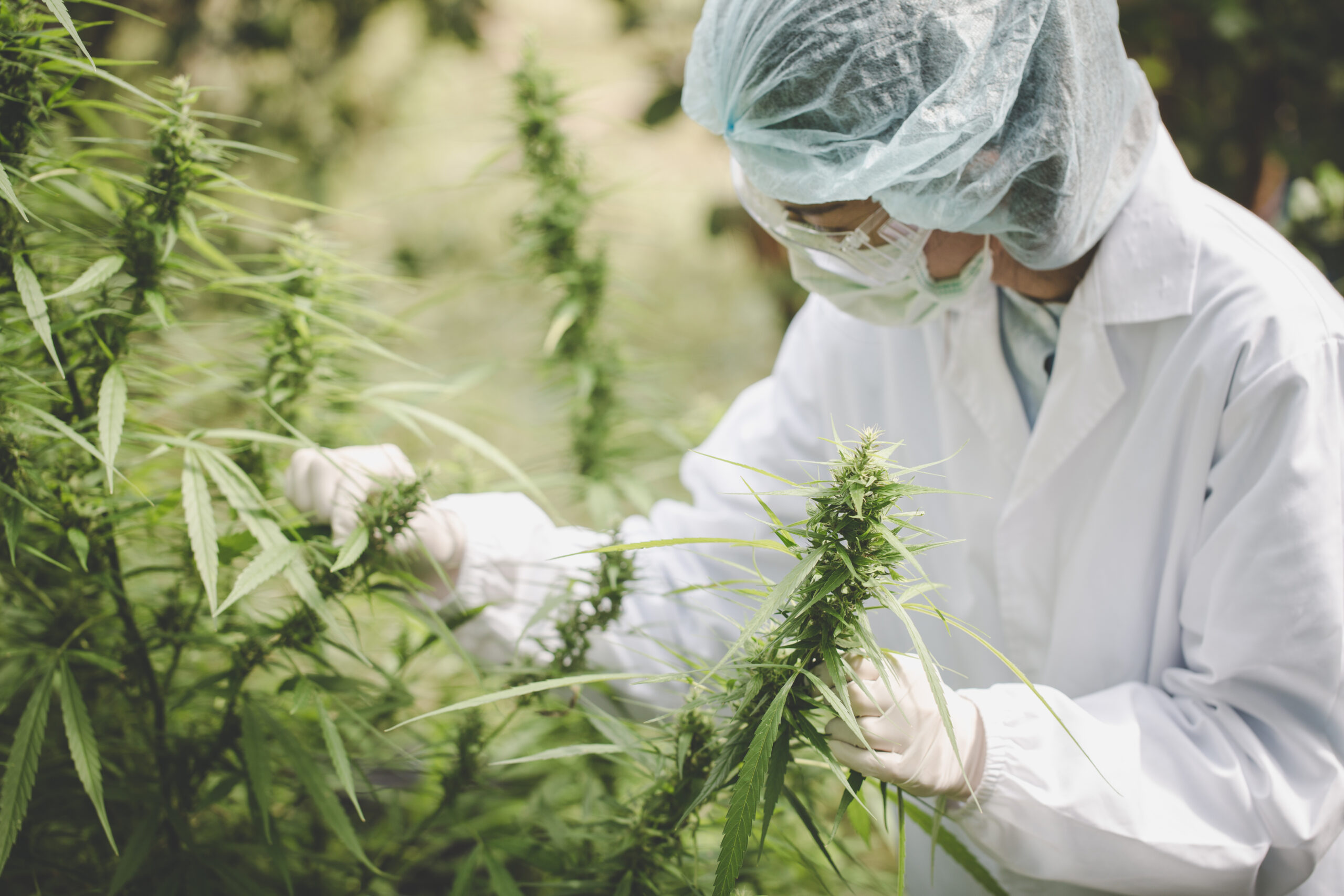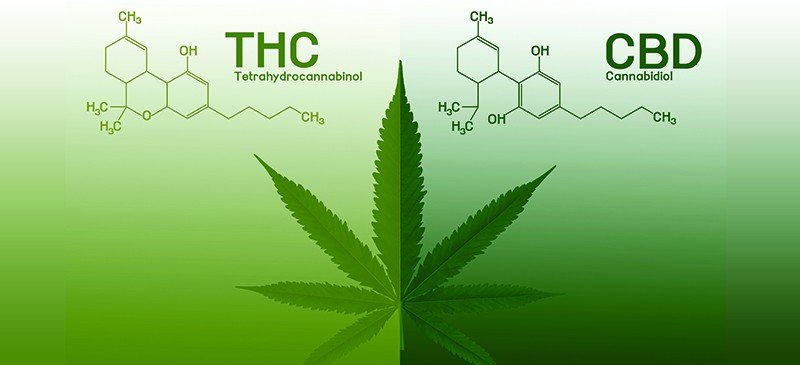Delta-8 tetrahydrocannabinol (Delta-8 THC) is a minor cannabinoid found in cannabis plants. Although structurally similar to Delta-9 THC, the primary psychoactive component in cannabis, Delta-8 THC has some differences in its molecular structure, resulting in milder psychoactive effects. Some people prefer Delta-8 THC because it provides the benefits of THC without causing the same strong psychoactive effects.
Delta-8 THC has potential therapeutic benefits, including pain relief, anxiety reduction, and appetite stimulation. However, more research is needed to understand the full potential of this cannabinoid.
Explore the Latest Developments and Regulations: Is Delta-8 Legal in the USA?
Delta-8 THC has become increasingly popular among cannabis users due to its purported psychoactive effects, but its legal status in the United States is unclear. According to the federal government, Delta-8 THC is a Schedule I controlled substance, making it illegal at the federal level. However, some states have taken a more permissive stance, allowing the sale and consumption of Delta-8 THC within their borders. This conflicting regulation at the federal and state levels has left consumers confused about its legal status.
As of February 2023, the following states have banned Delta-8 THC: Alaska, Arizona, Arkansas, Colorado, Delaware, Idaho, Iowa, Kentucky, Mississippi, Montana, Rhode Island, and Utah. Other states have passed legislation that could limit access to Delta-8 THC in the future. For instance, in Colorado, lawmakers are considering stricter regulations on Delta-8 THC products, requiring their sale in licensed dispensaries and subjecting them to contaminant testing.
On the other hand, some states have explicitly legalized Delta-8 THC, such as New York, where Delta-8 THC is legal if it is derived from hemp and contains less than 0.3% Delta-9 THC. The list of states that have not banned Delta-8 THC includes Alabama, California, Connecticut, Florida, Georgia, Hawaii, Illinois, Indiana, Kansas, Louisiana, Maine, Maryland, Massachusetts, Michigan, Minnesota, Missouri, Nebraska, Nevada, New Hampshire, New Jersey, New Mexico, New York, North Carolina, North Dakota, Ohio, Oklahoma, Oregon, Pennsylvania, South Carolina, South Dakota, Tennessee, Texas, Vermont, Virginia, Washington, West Virginia, Wisconsin, and Wyoming.
It is important to note that the legal status of Delta-8 THC is still evolving, and additional states may ban or legalize it in the future. Researching the regulations in your area and consulting legal experts before purchasing or consuming any Delta-8 THC products is always recommended.
Is CBD Oil Legal?
Cannabidiol (CBD) is a non-psychoactive cannabinoid found in cannabis. While CBD oil is legal at the federal level if it is derived from hemp and contains less than 0.3% THC, some states have enacted their own regulations regarding CBD oil. For instance, some states have legalized medical marijuana, while others allow the use of CBD oil for specific medical conditions. If you are considering using CBD oil, it is important to research the regulations in your area and consult legal experts.
It is important for individuals interested in using Delta-8 THC to stay up-to-date on the latest regulations and developments in their state. They should also seek guidance from medical professionals or qualified experts before using any cannabis-derived products, including Delta-8 THC.
In conclusion, while Delta-8 THC may offer potential benefits, its legal status in the US remains uncertain. It is important for individuals to educate themselves on the latest regulations and developments in their state and seek professional guidance before using any cannabis-derived products. As the legal landscape surrounding Delta-8 THC continues to evolve, it is crucial to stay informed and aware of any changes that may affect its legality and availability.
